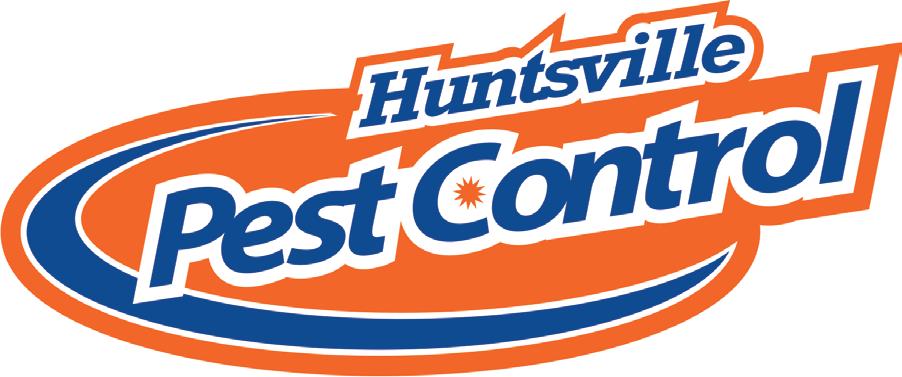
3 minute read
Garden Post
By Kim Bius
A Little Something EXTRA for Your Soil
Soil additives are “additions” to existing soil to give nutrients needed to successfully grow shrubs, trees, vegetables, herbs, flowers, roses, etc. The desired plant determines the desired recipe for the soil.
A simple soil test will help you determine the nitrogen, phosphorous, and potassium content of your garden area. These tests are available at many garden centers and at your local extension service office. If you need help interpreting results, take them to a garden center you know has certified nurserymen. Remember nitrogen is for root and top growth (stems, leaves etc), phosphorous is for flower and fruit production, and potassium is for overall hardiness and cold heat tolerance. Ever wonder why your tomato plant was 5’ tall with little to no tomatoes? Usually because it was fertilized with a high nitrogen fertilizer or fresh manure/ mushroom compost amendment. All growth from the nitrogen went to the plant growth and not to the fruit production, thus a balanced fertilizer is important.
Planting/Landscape Mix is a ready-made amendment added to existing beds to give them the addition of the following ingredients: growers sand, black humus, composted mulch (heavily decomposed), composted peat moss, cow manure, and a low dose of a slow-release fertilizer such as 3-3-2 or something similar. Many forms do not contain fertilizer or peat moss, and their price is lower than mixes that do.
Black Humus is one of my personal favorite ingredients for vegetable gardens. Black humus is the equivalent of having your own compost pile that has aged for years and made a rich, black, heavier soil, full of nutrients. A needed ingredient for sandy, nutrient free topsoil in our area if growing vegetables.
Topsoil in our area of the state is a very light, sandy loam, grayish in color with a high amount of river bottom sand. We use topsoil to fill in low areas of the lawn, filler in the bottom of large containers, backfill for retaining walls, to build berms, for raising soil levels, and as a base filler for large gardens. Do not be fooled--many topsoils here have strong nutrients, and soil components by area vary greatly--sandy loam to black caliche--but there is a cure for everything!
Mulch is a component washed with misconception. Mulch is available in a multitude of wood varieties and consistencies--fine ground, shredded, and in large wood chunks with bits of fine ground in it. I prefer the medium ground or shredded for landscape use. Shredded bark stays in place, does not float, does not attract fire ants (large chunks do) and has enough consistency to last six months before replacement. Yes, bark mulch has to be replaced. It is an organic product that

4 Locations
Willis Porter Lufkin Woodville
decomposes with time, adding nutrients to your soil as it decomposes… so you get benefit on both ends. DO NOT APPLY PLASTIC MULCH TO YOUR BEDS FOR ANY REASON.
Mulch is available in hardwood varieties such as red cedar, cypress, black mulch, and red mulch. I like the look of red mulch against white limestone houses or tropical gardens for a punch of color. Pine wood mulch is a softer wood, that should be used in landscapes with azaleas, camellias, fern, roses, and other acid loving plants. A heavy application of hardwood mulch on acid loving plants, over a long period of time, will change the ph of the soil, resulting in “limey” green foliage and eventually death. Mulch should be applied 2-3 times a year and freshened by “turning the mulch over” every three months with a leaf rake for maximum benefit.
Mushroom Compost is an excellent growing additive for veggie and herb gardening. Fresh mushroom compost can be “hot,” still releasing nitrogen at such a high rate it steams. In this case, the compost must be allowed to age a few months before use. The best way to use fresh mushroom compost is to allow to age for 6 months with a heavy black plastic tarp placed over it. The tarp will heat the compost faster (and hopefully enough to kill the weed seeds in the manure), thus it becomes sterilized. Bagged mushroom compost is already sterilized.
Spring is finally here, enjoy our time with this beautiful season. Happy Gardening!



